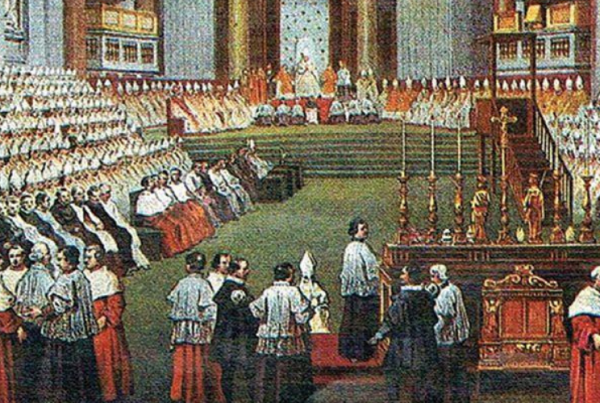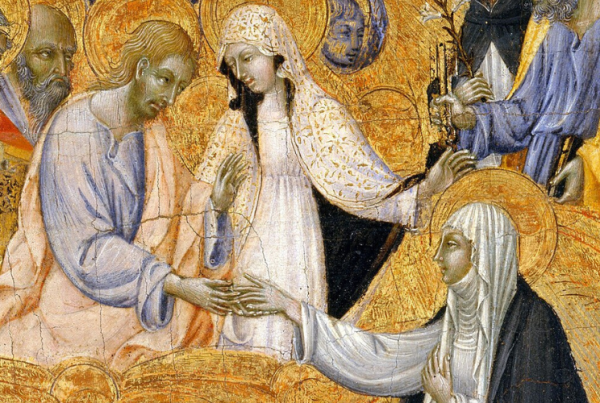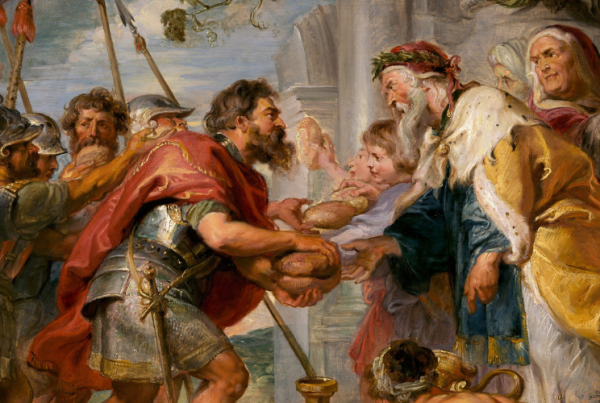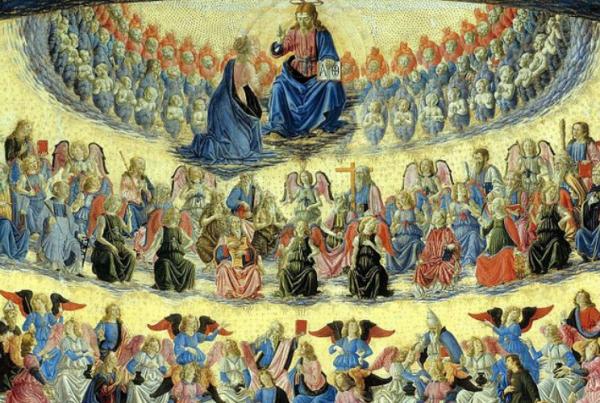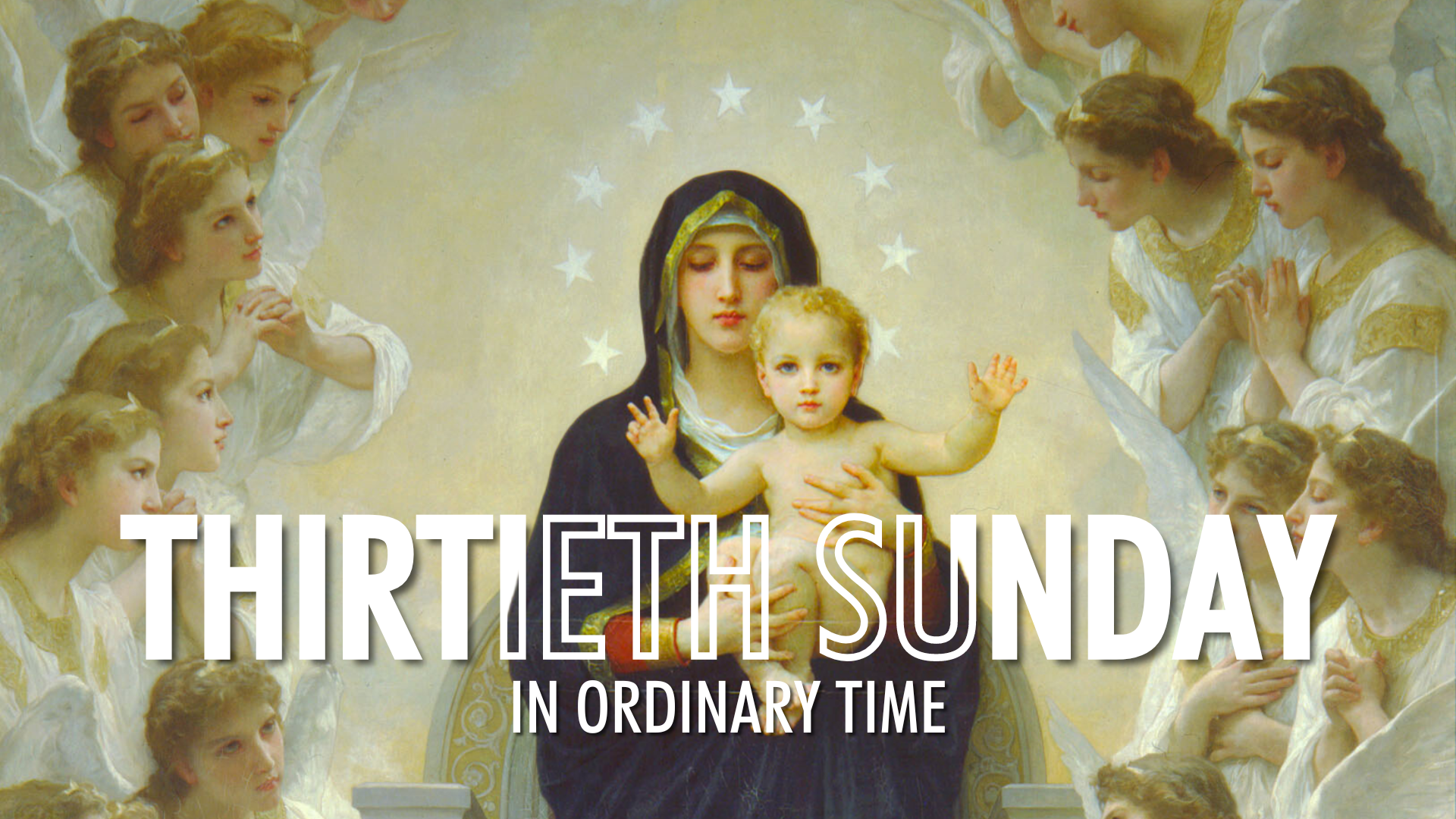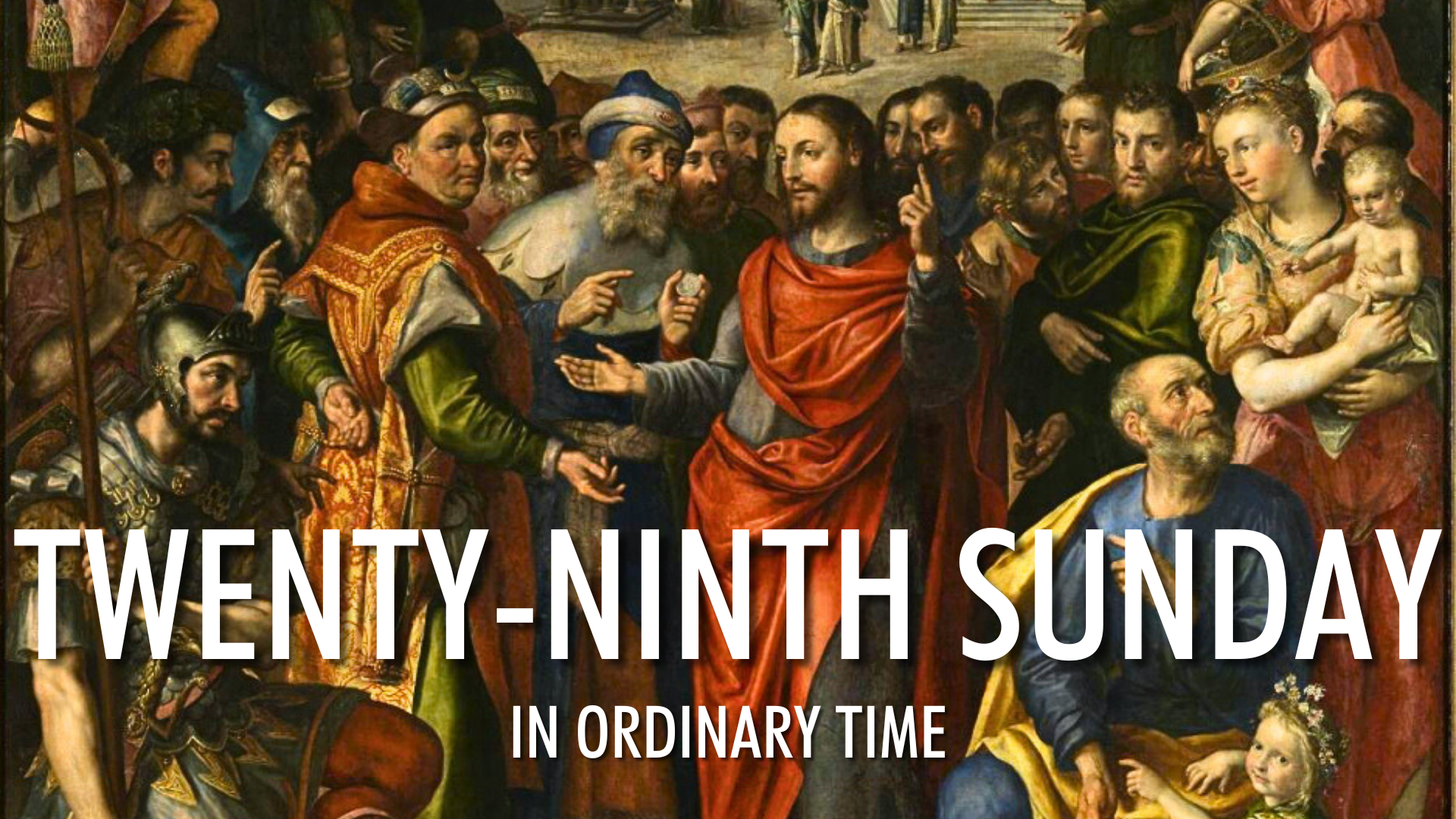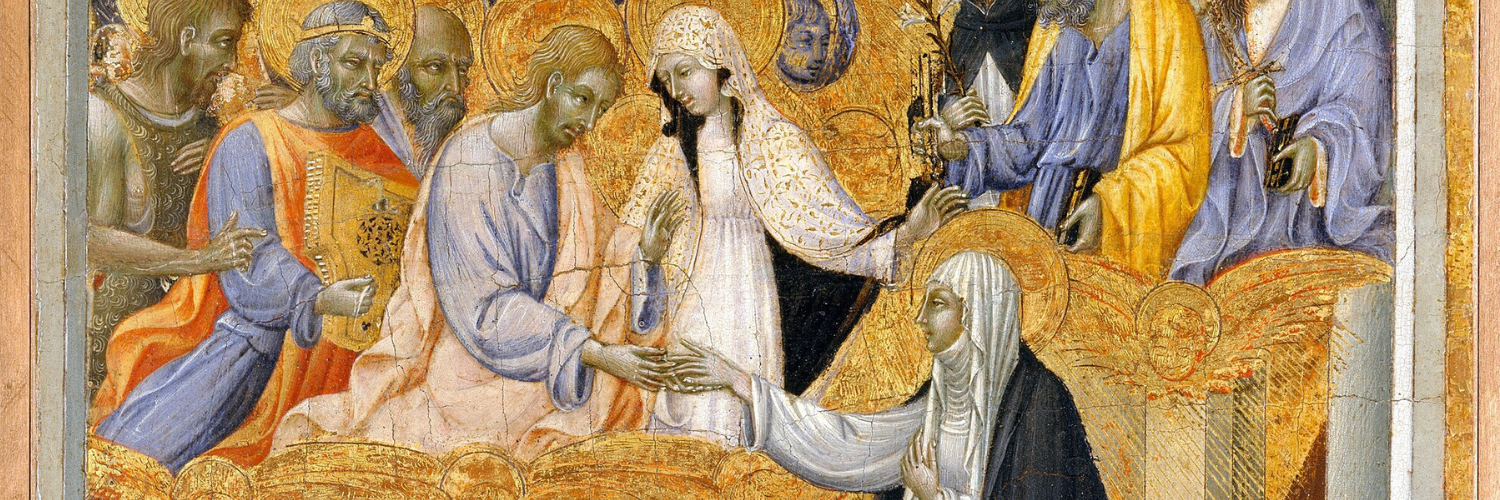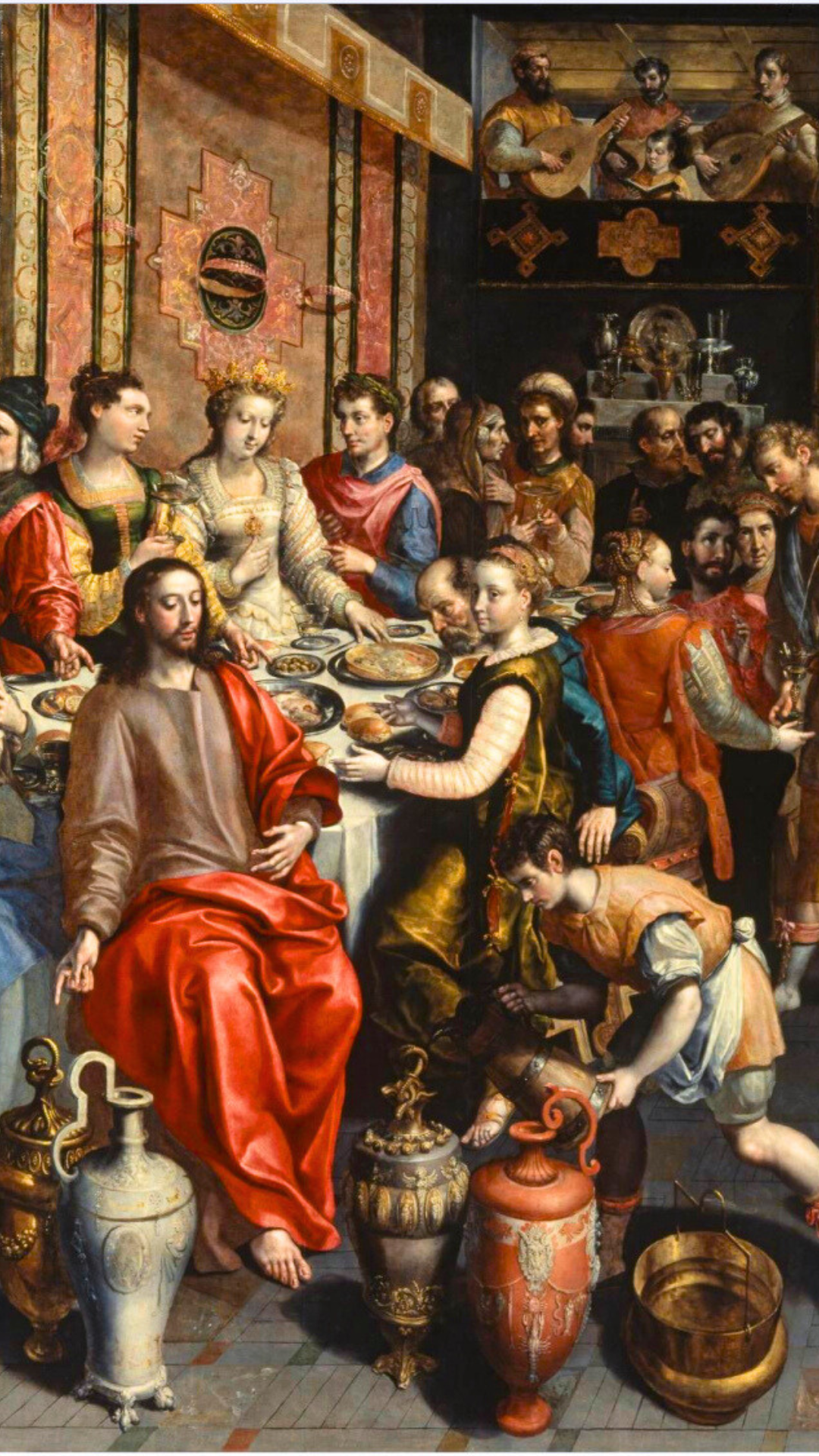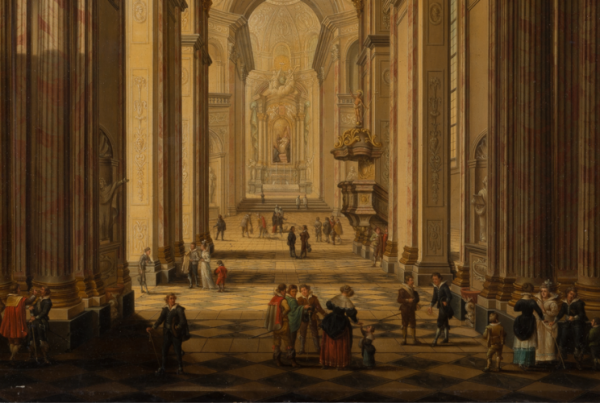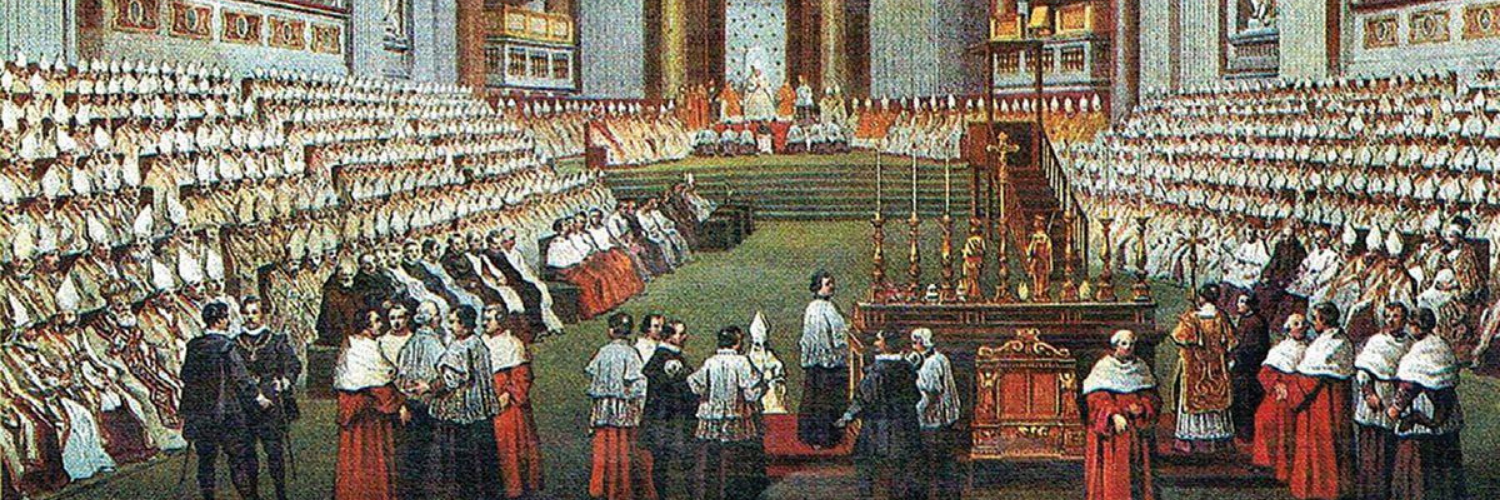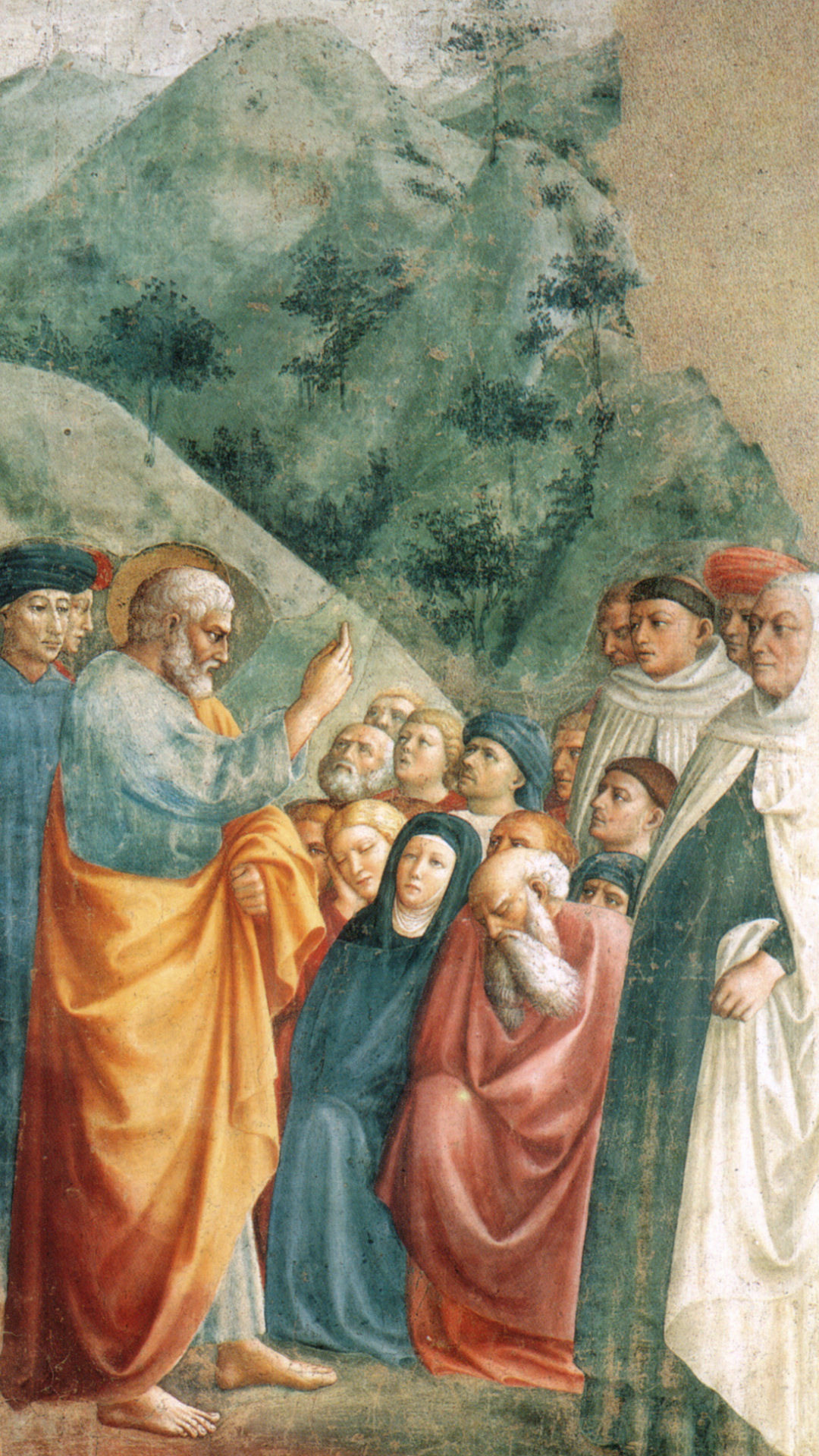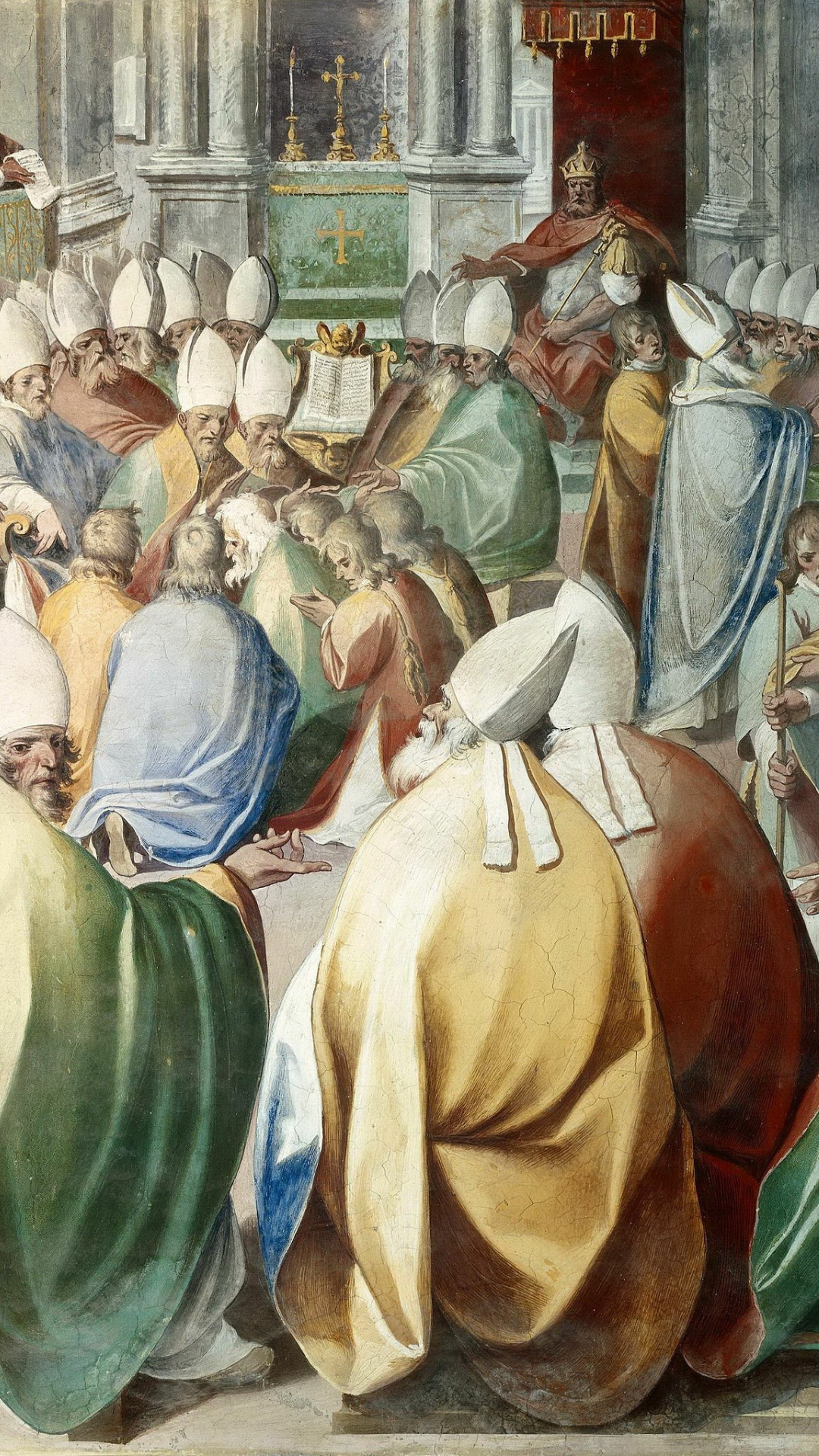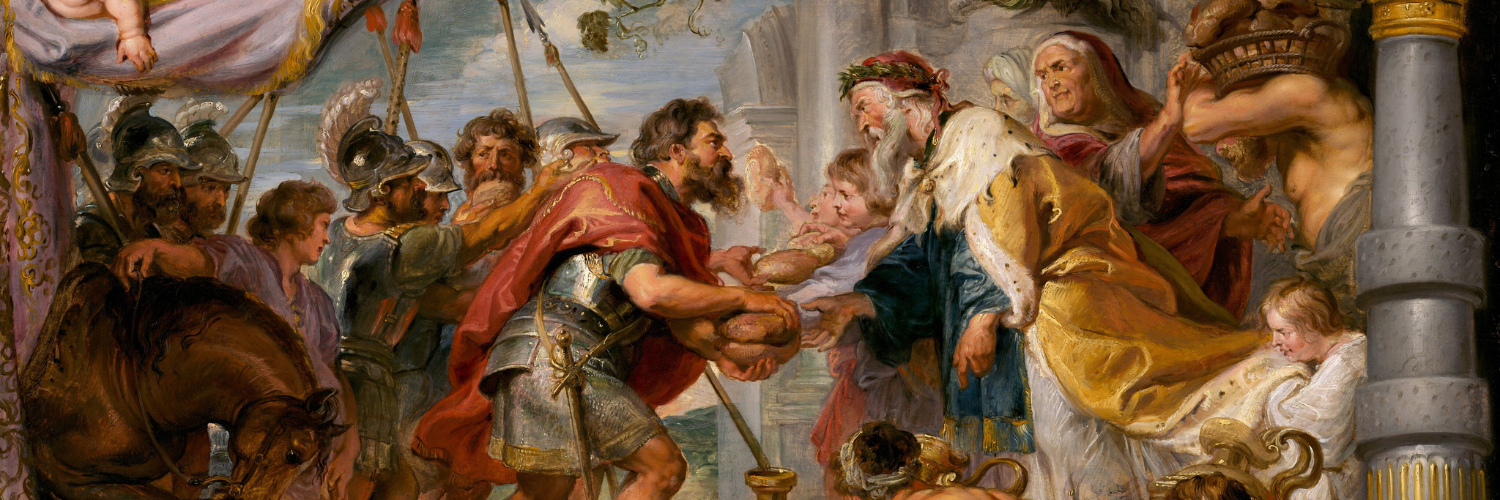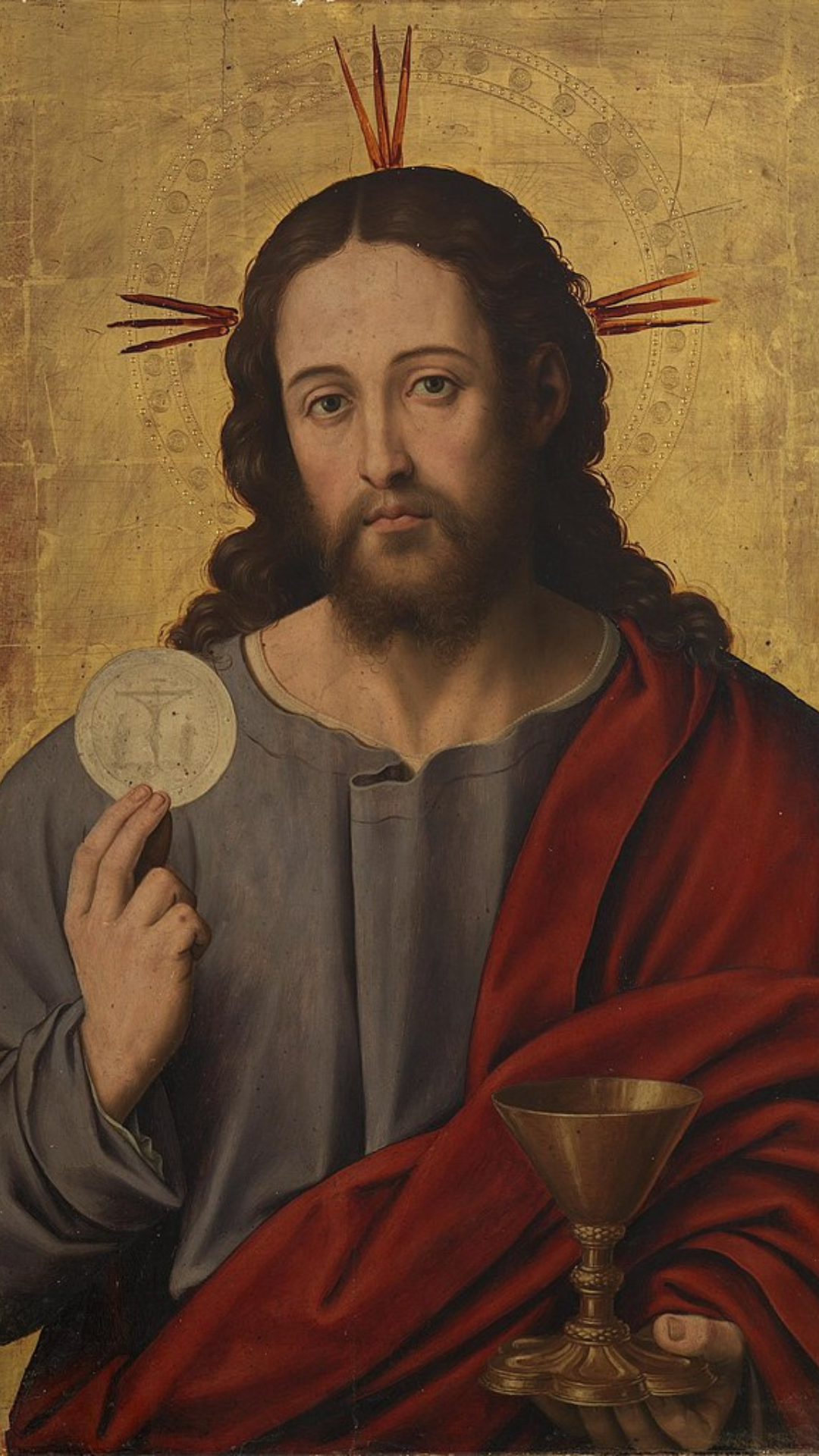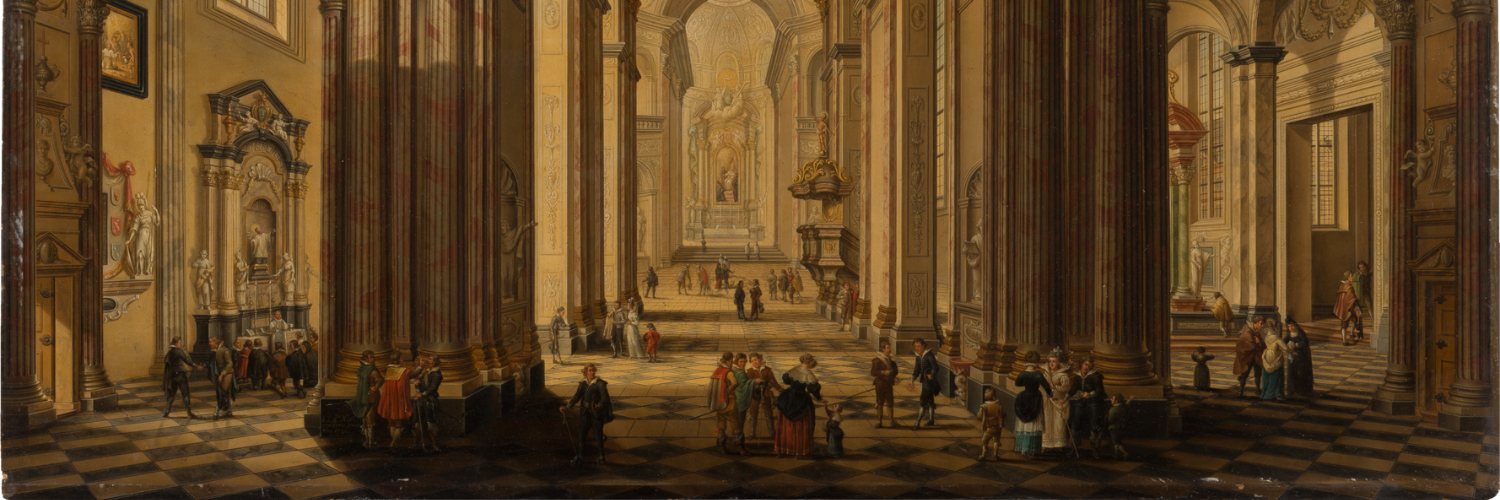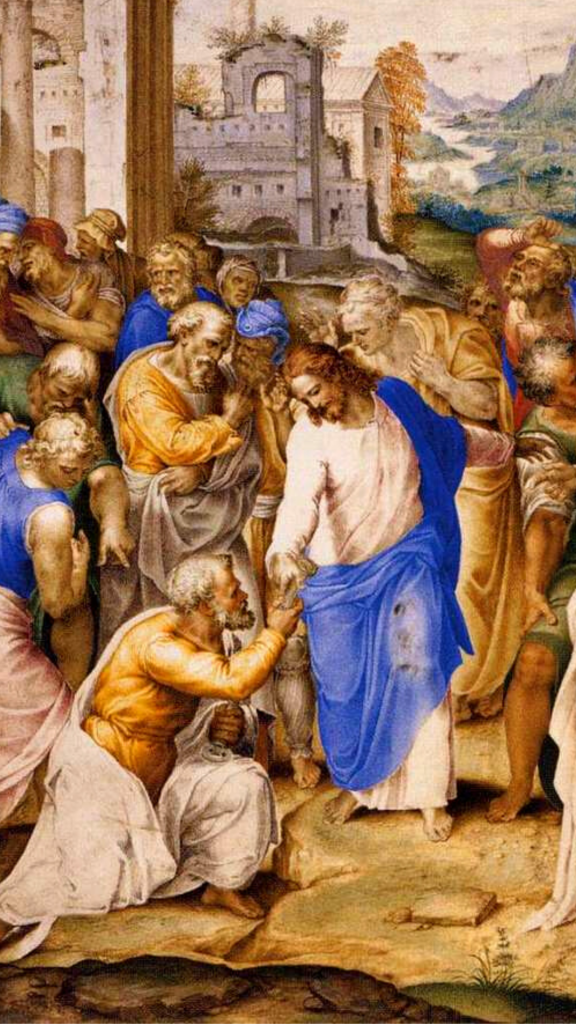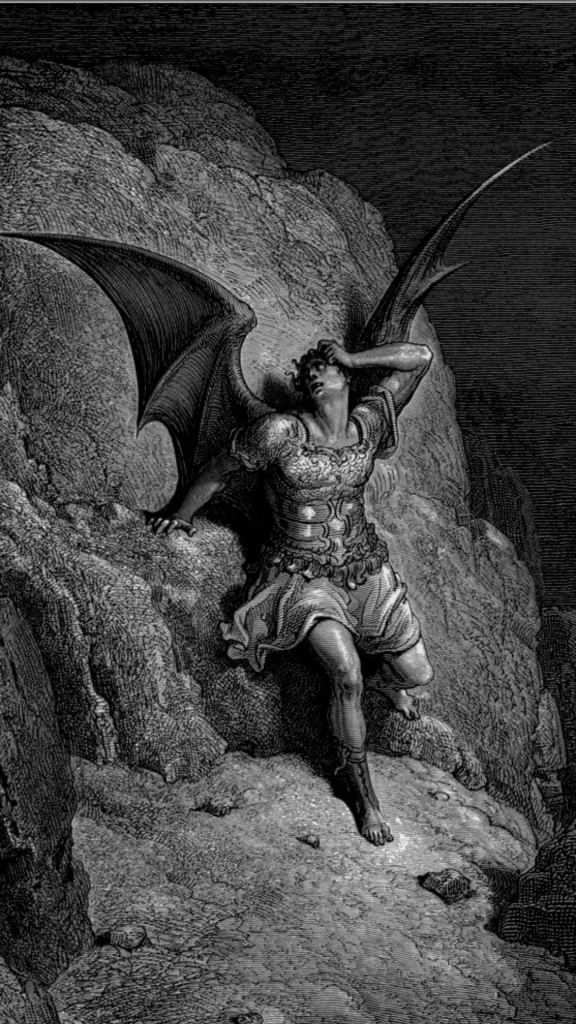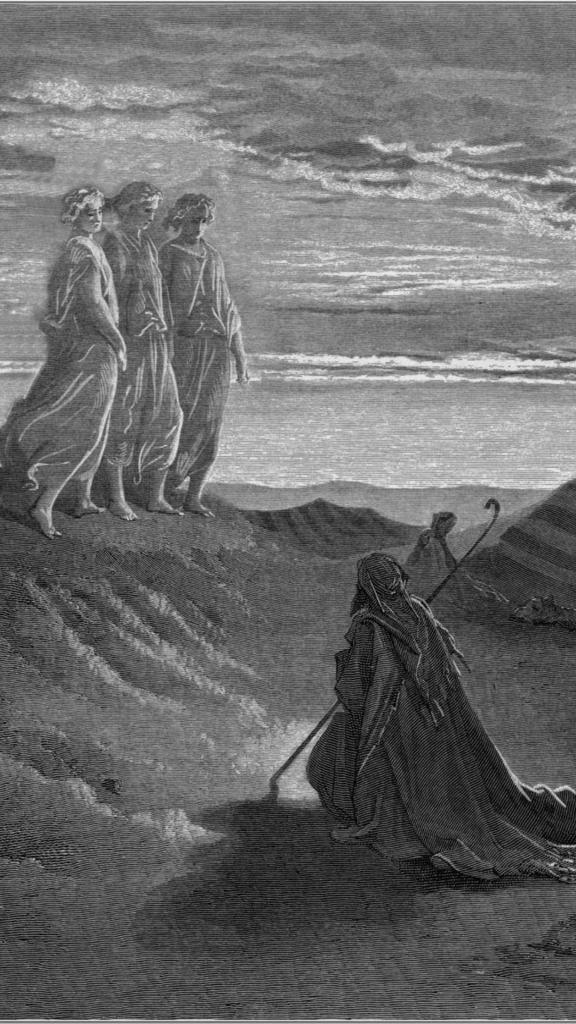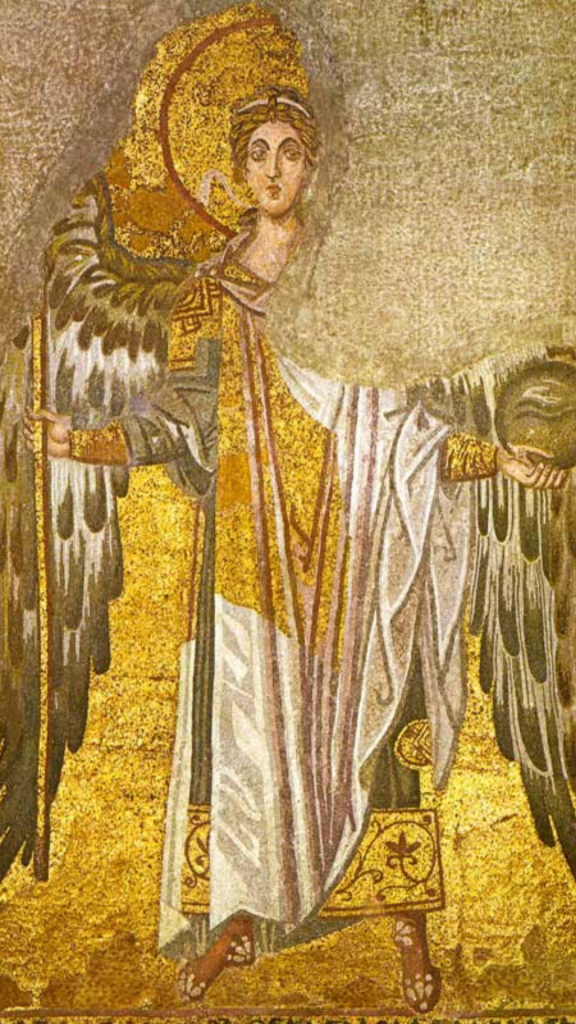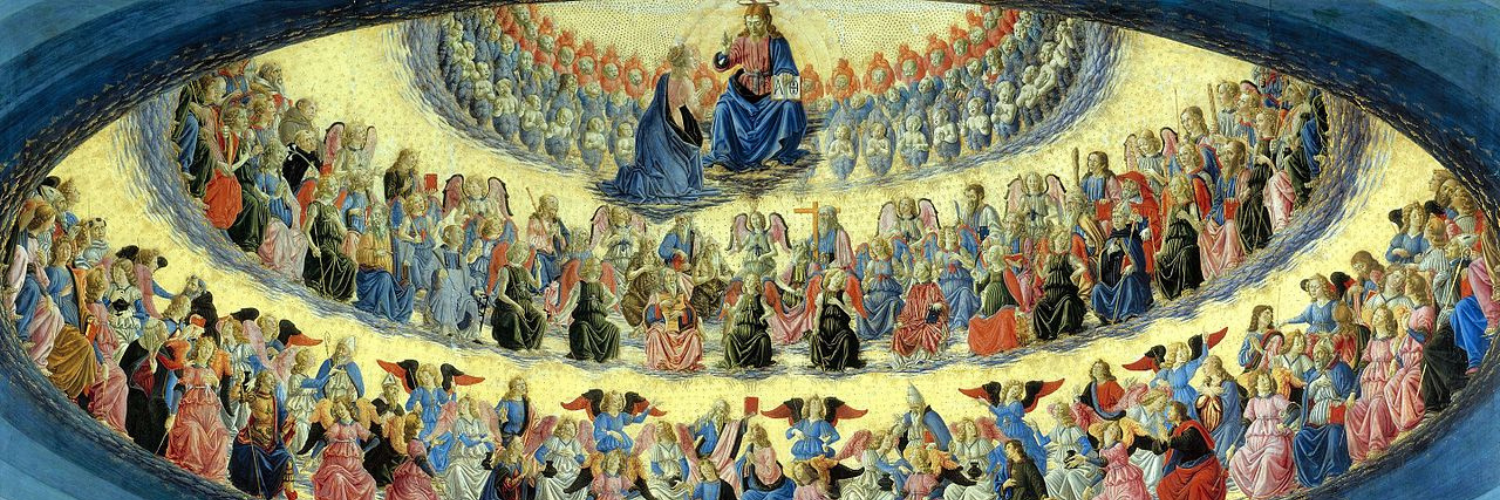
Hierarchy is Good
Fr. Paul Stein
So often in today’s culture, we presume that hierarchy is bad: it’s oppressive, unfair, etc. Yet, are not parents hierarchically above their children? Is a mom being oppressive when she insists that her children eat their vegetables? Those hierarchically above can indeed abuse, mistreat, or fail those below them; but does that make hierarchy intrinsically bad? If so, scrap the following: families, civic organizations with their “presidents,” armies, and corporations.[1] Effectively, you would scrap society into anarchy.
Hierarchy is built into creation. You can see it in families, you can see it in mammal behavior. It is also how angels are created. A hierarchy as created by God, is a chain or ladder of persons:
A contemporary reader may wonder if an angel in the lower part of the hierarchy is somehow “less” than an angel higher up in the order. In a sense, no. Granted, angels higher up have more power, but that does imply less dignity or less importance. (H)ieros means holy (a hierus was a priest, a holy one) and archia means to rule. The one above you is empowered by God to elevate you toward him, to lift you up. God empowers or capacitates a hierarchy to look after and be responsible for the one(s) below. Thus, while our guardian angels are “above” us, yet they take care of us.
Hierarchy is built into creation.
… hierarchy is not an oppressive thing, but to the contrary, a responsibility to God and others in the hierarchy. Fans of Spiderman may appreciate the idea that: “with great power comes great responsibility.” This applies to any hierarchy: the military, the family, or the Church. When lived authentically, it is a reflection of the God who took on our humanity in Christ and suffered and died on the cross to save us, in service of humanity. The Church, as the Body of Christ, is supposed to be like a human chain that extends from earth up to heaven, with anyone above, a hierarch, lifting up (the chain) the one below him. Hence, one title of the Pope is the servant of the servants of God.[2]
The Church’s hierarchy is meant for sanctification, raising someone up to heaven. It is true, that the structure would place the pope at the “top,” bishops coming next, then priests, deacons, and then laity.[3] But the Pope is serving faithfully when he is lifting the bishops and everyone else “below.” The purpose of the Pope’s authority is to fulfill his responsibility. For example, Papal Infallibility exercised ex-cathedra – which has only been used twice in history – to provide doctrinal clarity for the sake of salvation.
We can ultimately see the Church’s hierarchical structure in what is above the Pope: Christ himself. “He is the head of the body, the church. He is the beginning, the firstborn from the dead, that in all things he himself might be preeminent. For in him all the fullness was pleased to dwell, and through him to reconcile all things for him, making peace by the blood of his cross” (Col 1:18-20). He is the ultimate “top” of the hierarchy who gave his life to save everyone in the Church. The head of the Church serves all its members.
That is why a bishop’s threefold office to sanctify, teach, and govern – which comes from Christ himself who is priest, prophet, and king – is all aimed at salvation. The bishop is empowered sacramentally through ordination to fulfill these responsibilities. The “power” is not meant for self-service. If the bishop is to be saved, it is through being a faithful shepherd of the flock and father to the people. He cannot even absolve himself from sins, he must go to the sacrament of penance/reconciliation with another bishop or priest!
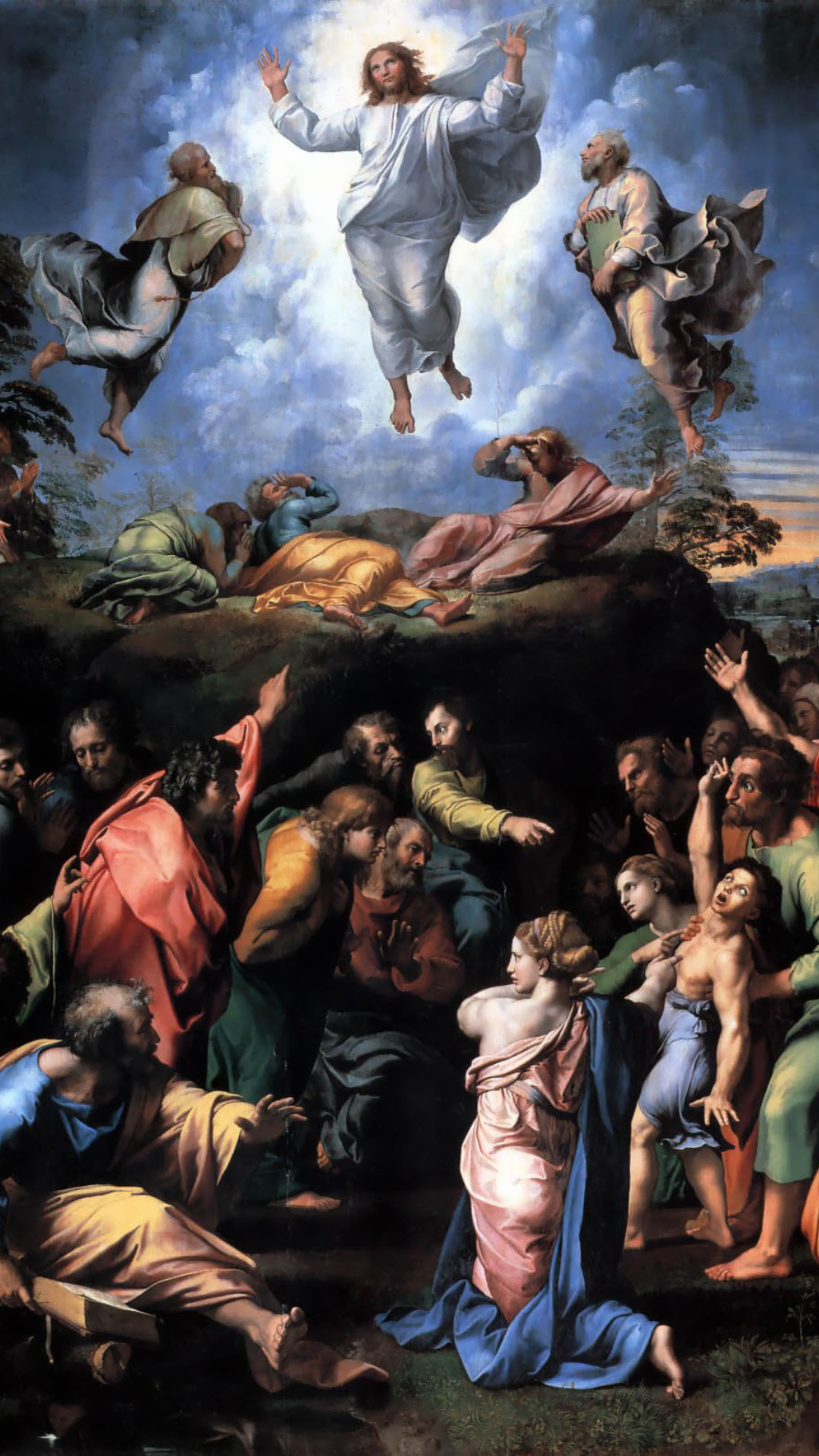
What This Means For Us
If we spend some time thinking about it, the Church’s hierarchy is ultimately familial. Just as we expect a father to be available to his children even in the middle of the night when they are sick, we expect a priest to be available at all hours of the day to anoint the sick and dying. For a pastor in particular, the responsibility for others and the hierarchical authority as the head of the community are two sides of the same coin. May our family homes be domestic churches where parents exercise their hierarchical authority with great love for their children, being willing to give their lives if necessary for their children.
Footnotes
[1] The Soviet Union, starting in 1918, tried to abolish nuclear families; they had to backtrack, particularly in the Family Code of 1936. The Chinese Communist Party tried abolishing hierarchy in the army (the PLA); in 1988, they wound up reinstituting a system of ranks. Socialism, in essence, is anti-hierarchical; it has never worked out well… and yes, to all those who insist that it hasn’t really been tried: socialism has been tried and it’s a miserable failure.
[2] See the Behold article on The First Hierarchy: Angels.
[3] A clarification: Cardinals are considered clergy of Rome and advisors to the Pope. Most Cardinals are bishops, but not necessarily; the pope has, on occasion, named a priest as a cardinal, though that person is usually beyond voting age for any papal conclave where they elect the next Pope/Bishop of Rome. Religious may be either clergy or laity, depending. A Jesuit priest is both a religious and clergy. A Jesuit brother (not ordained) is religious, but not clergy.
For Further Reading On This Topic
